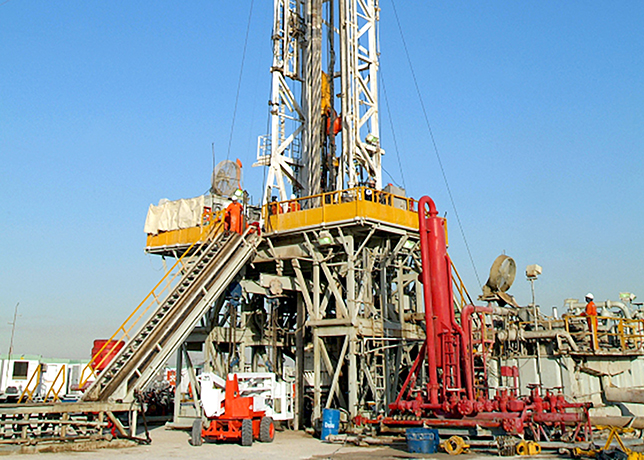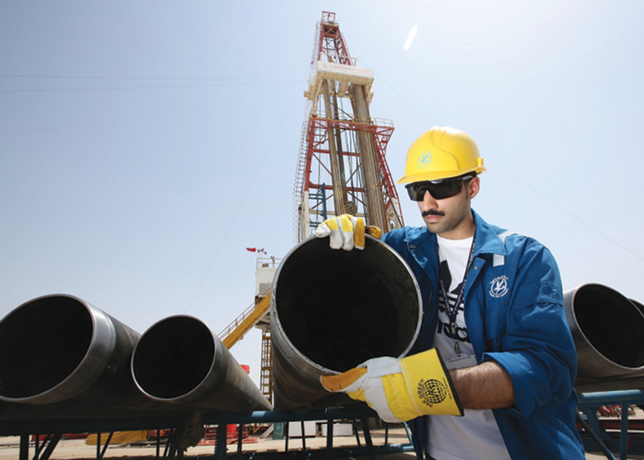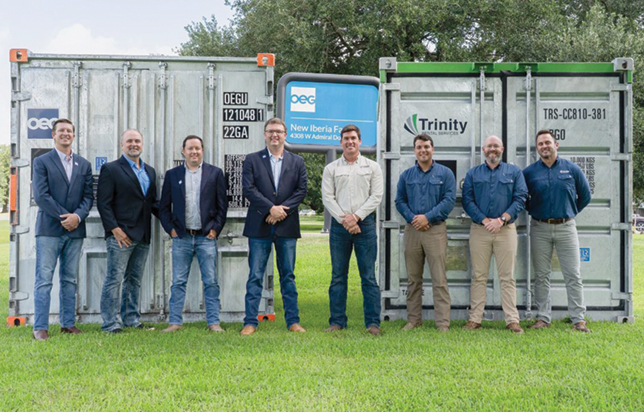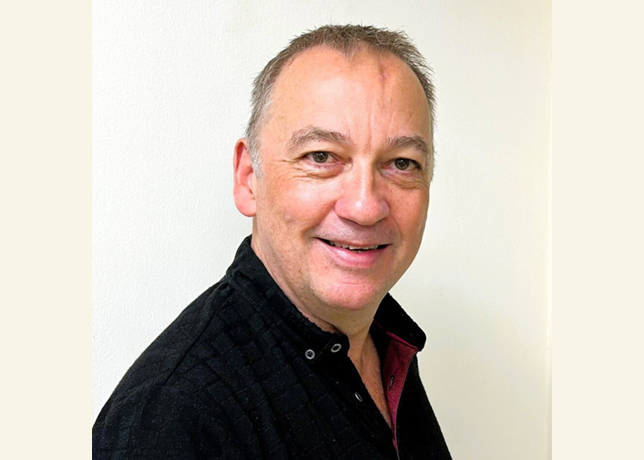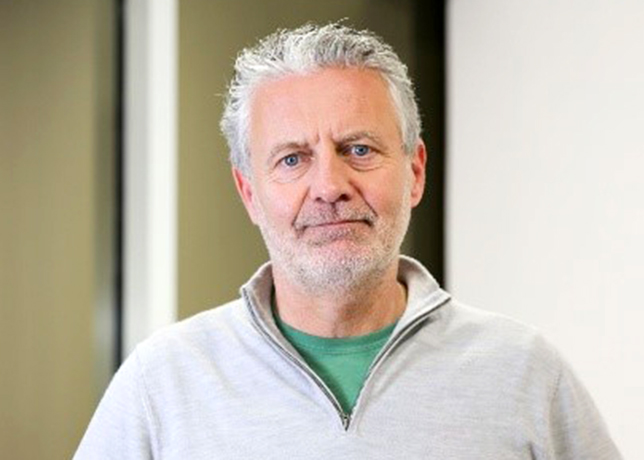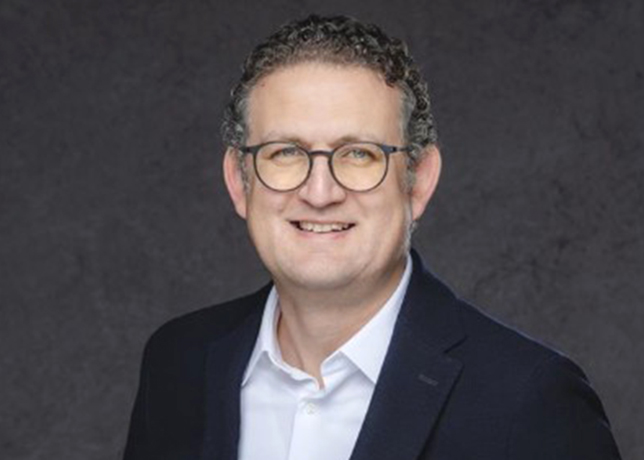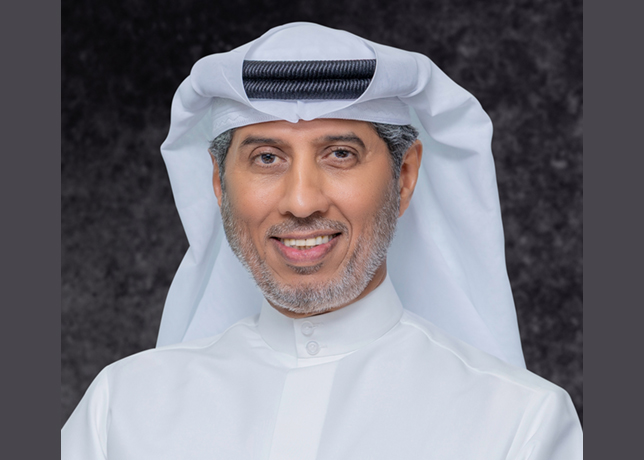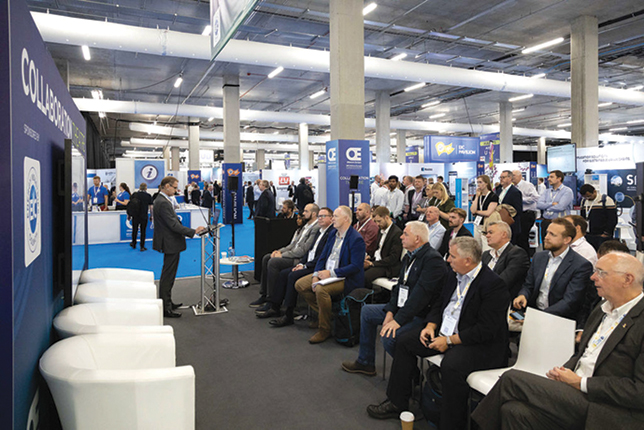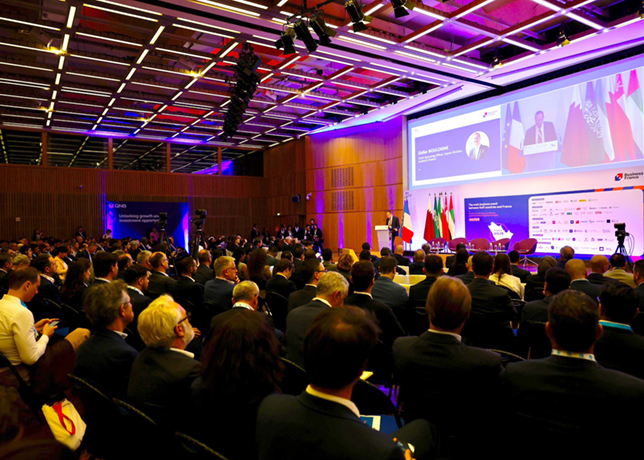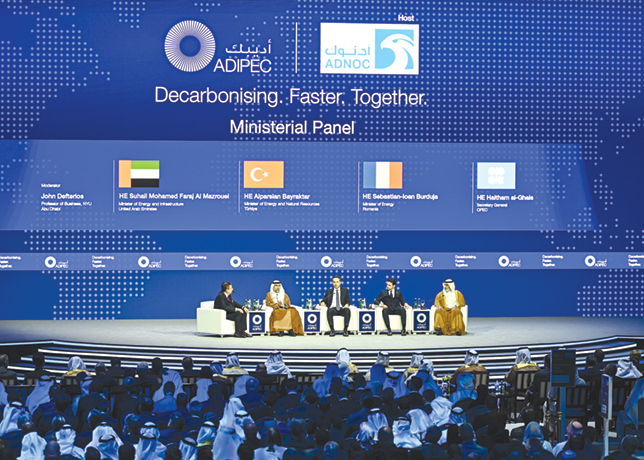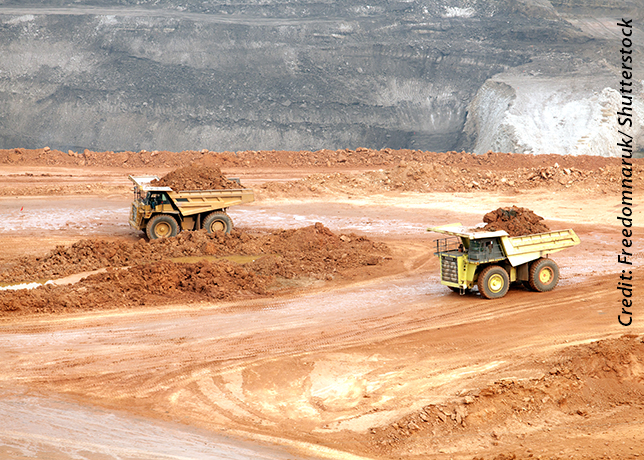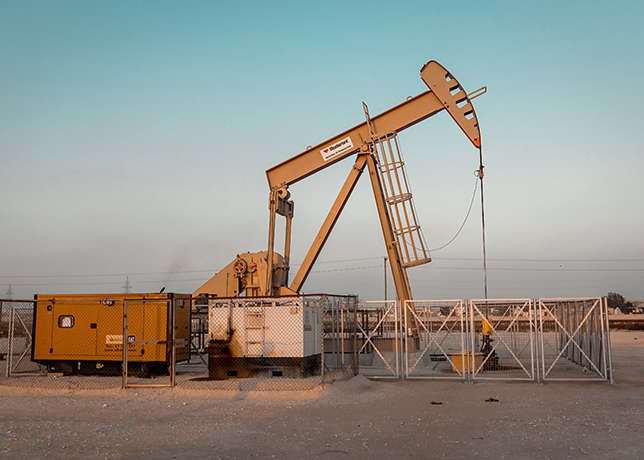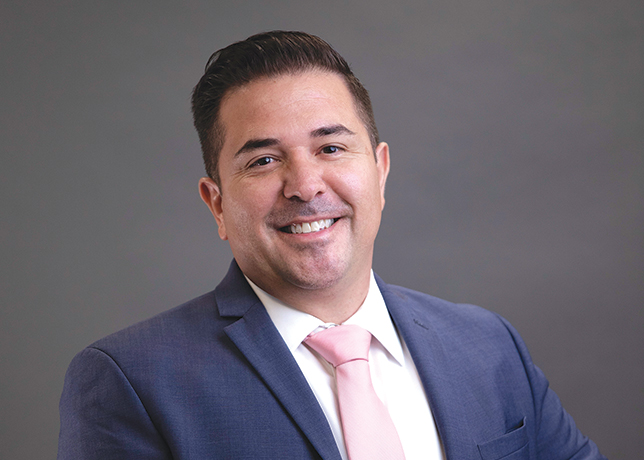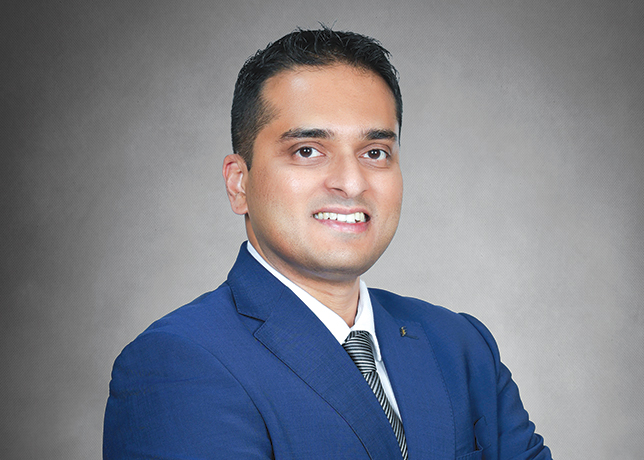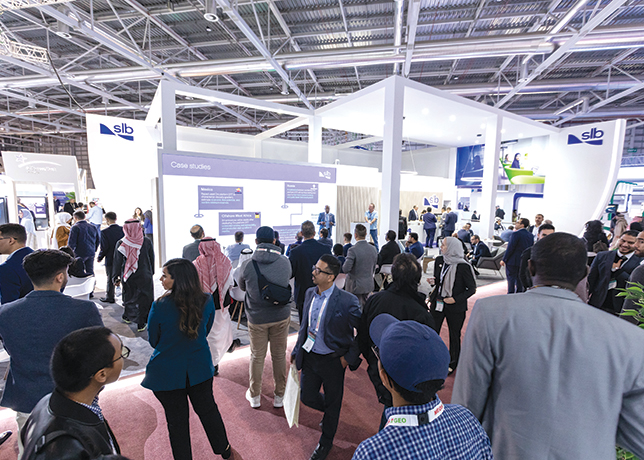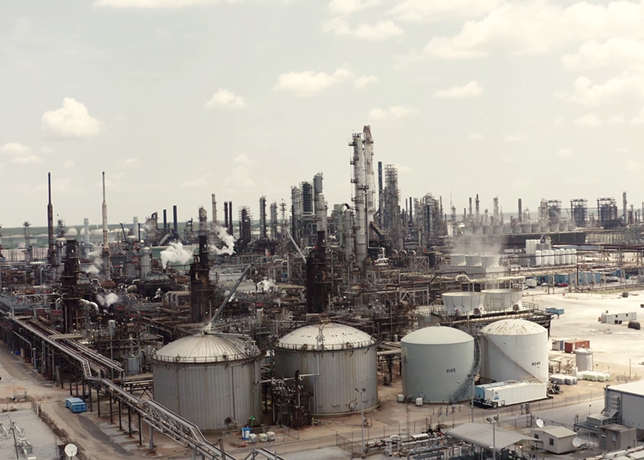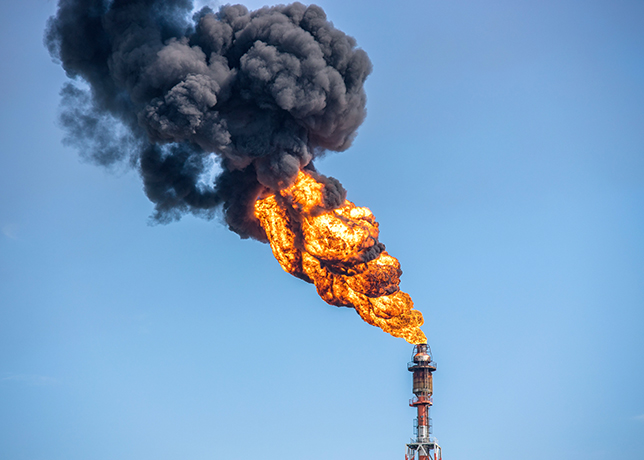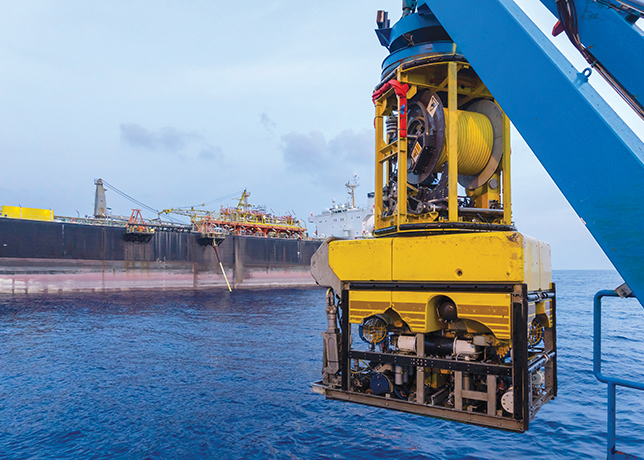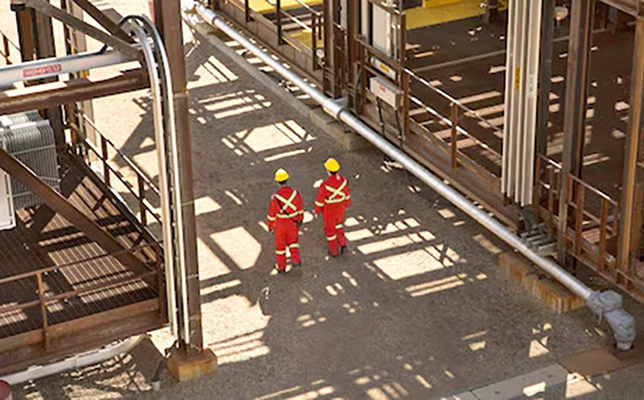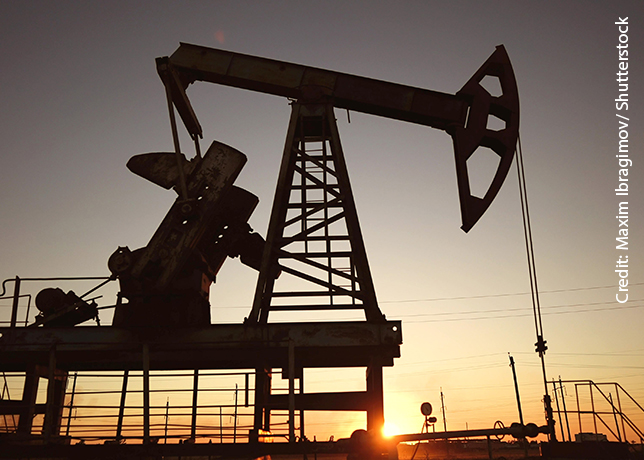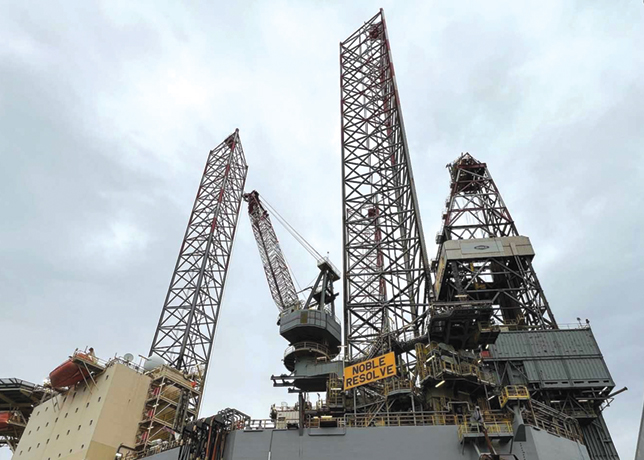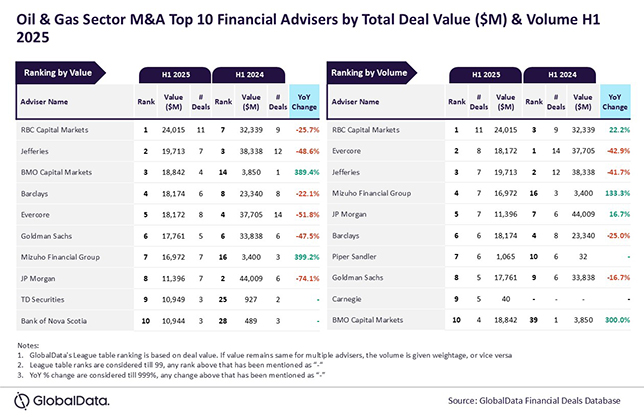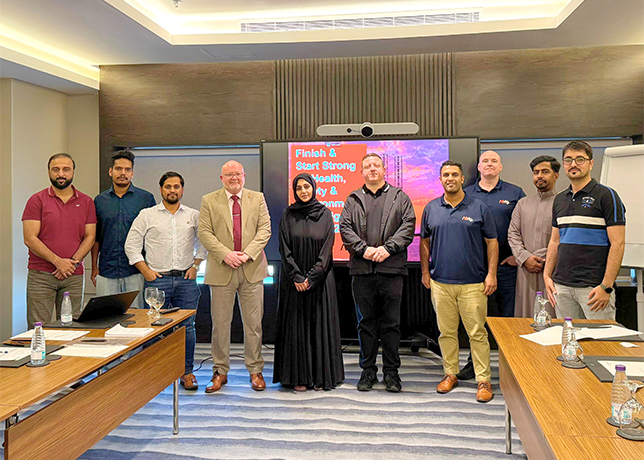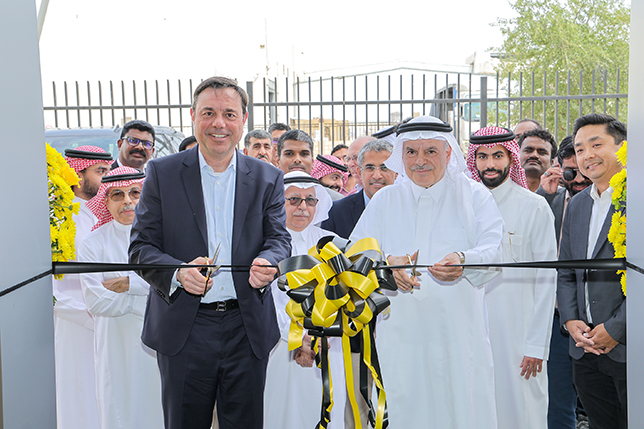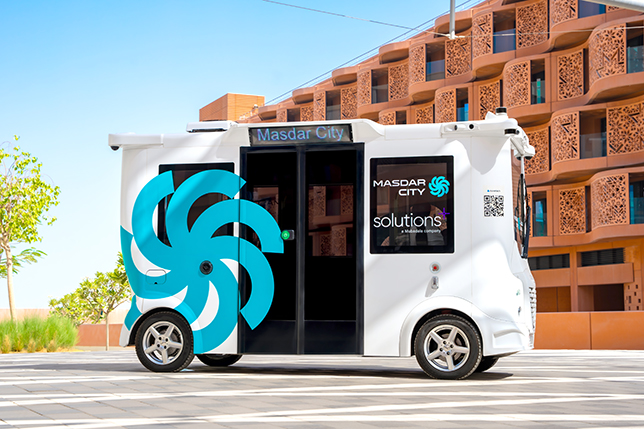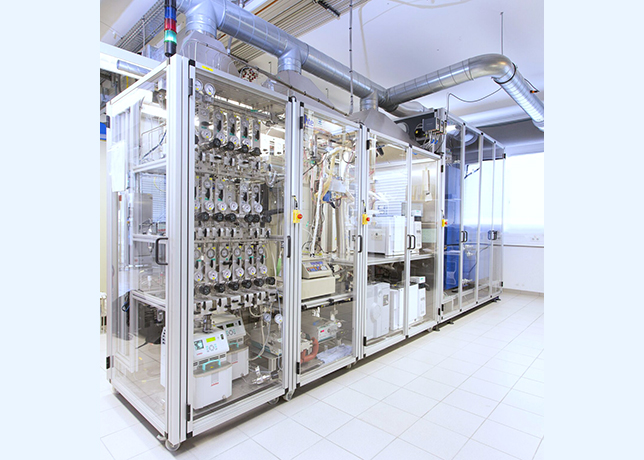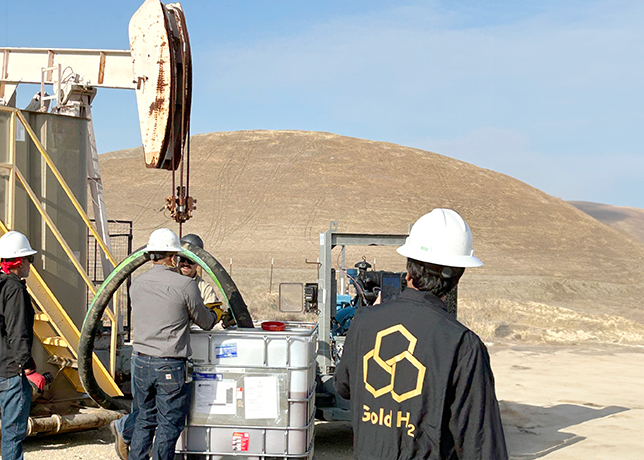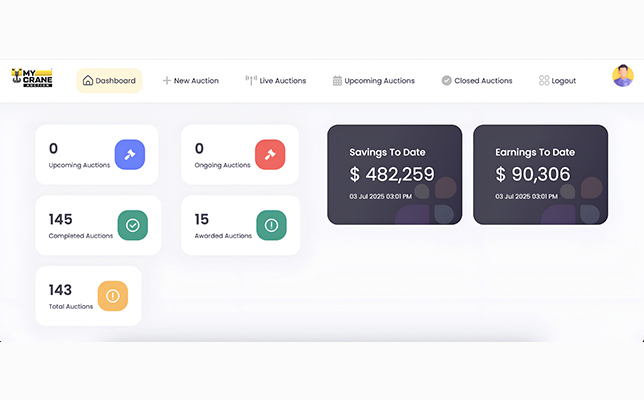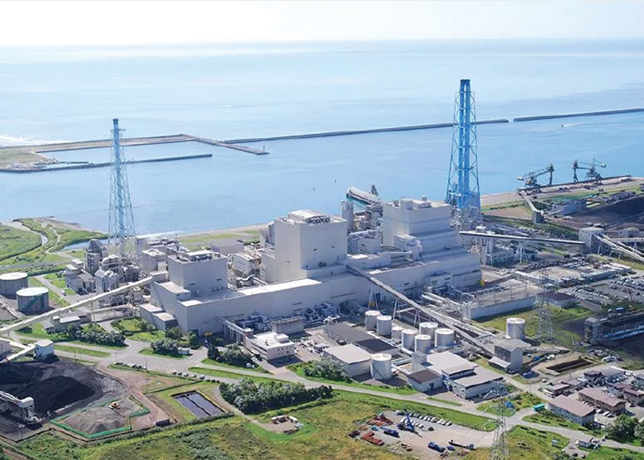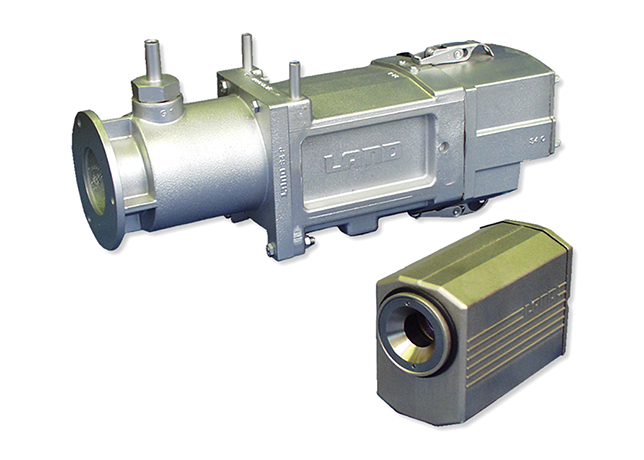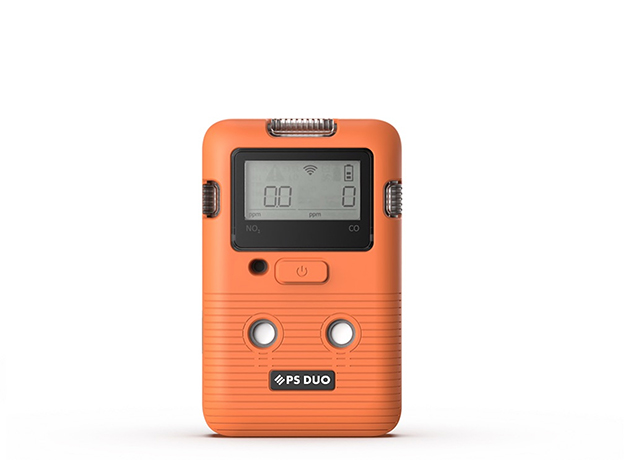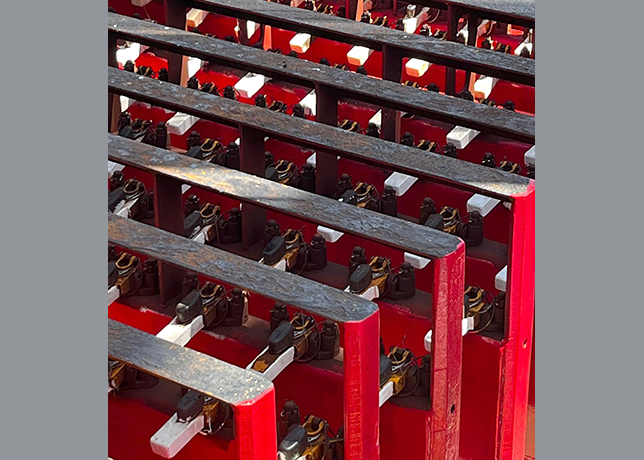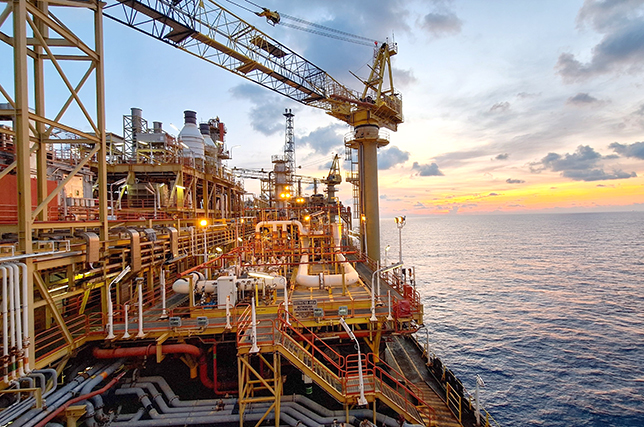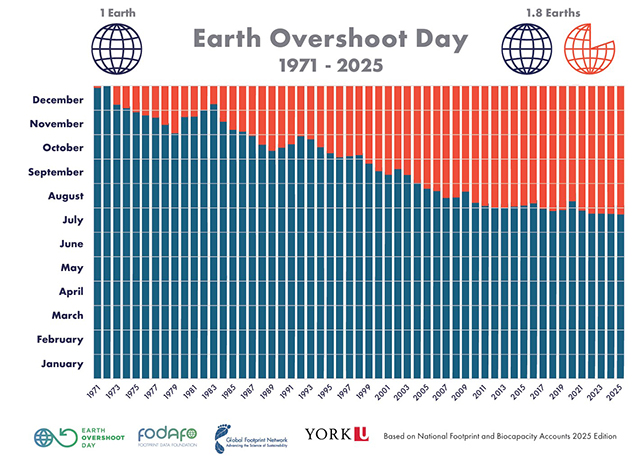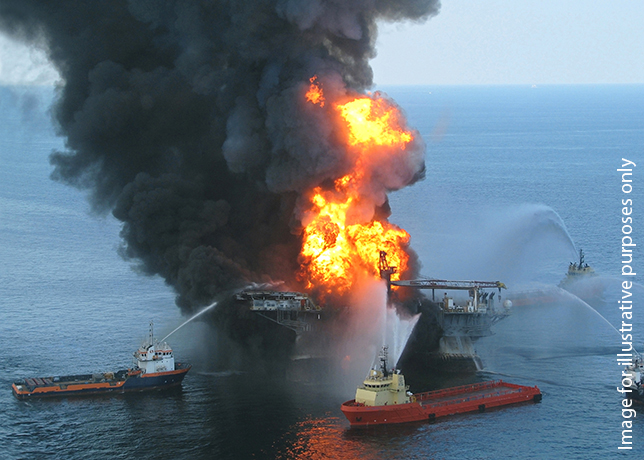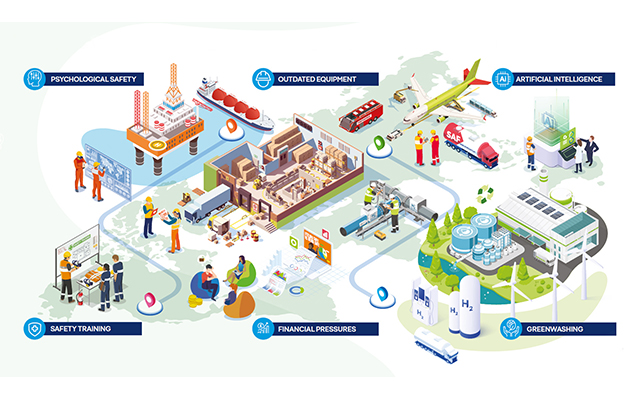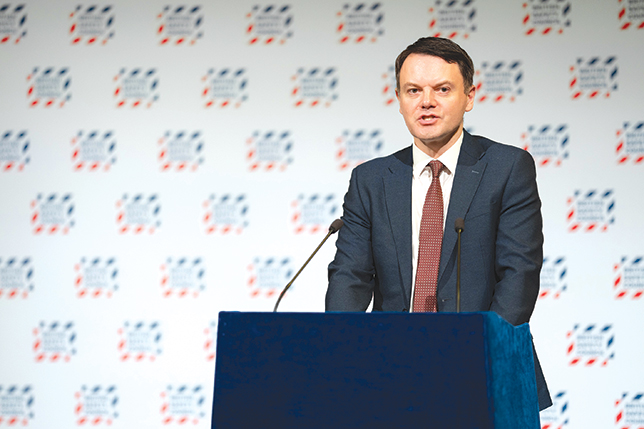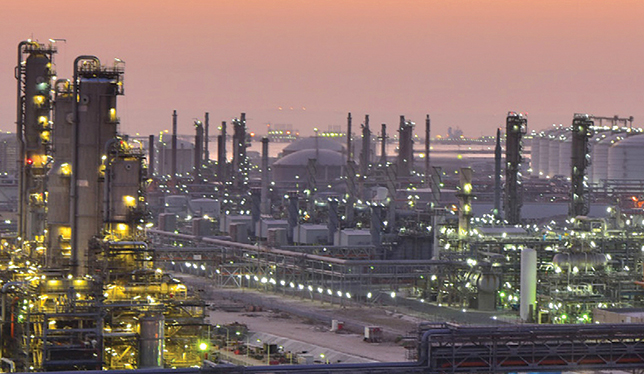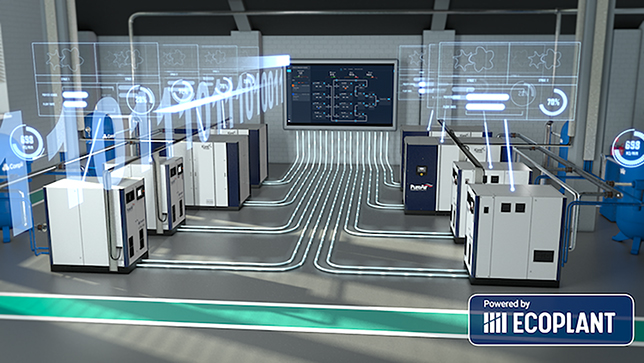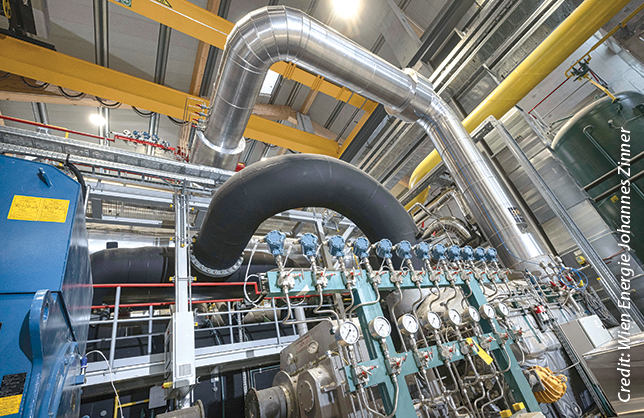
 Sabic Vice Chairman and CEO Mohamed Al-Mady
Sabic Vice Chairman and CEO Mohamed Al-Mady
Saudi Basic Industries Corporation (Sabic) is striding forward with mega projects and plans to reaffirm its position as one of the world's 10 largest petrochemicals manufacturers.
The new projects will further strengthen Sabic's premier role in the regional and global arena.
Sabic was also bracing itself for increased competition in the Middle East, both from domestic participants as well as from abroad, Sabic Vice Chairman and CEO Mohamed Al-Mady said.
Saudi oil producer, Saudi Aramco, currently Sabic's feedstock gas supplier, was due to enter the petrochemical market from 2008.
'The competition is not only going to be from Saudi Aramco,' Al-Mady said. 'The second source is from international companies in Saudi Arabia such as Basell, BP and others,' working with local firms, he added.
He said the Saudi private sector would also represent competition, 'utilising technologies acquired.'
Al-Mady said Sabic would 'work hard to improve the productivity of our plants' in order to challenge this competition.
Sabic plans invest up to $70 billion in expansion projects over the next 15 years, a senior company executive said.
'Sabic's current and planned investments for production expansion will likely total more than $20 billion over the next three years and as much as $70 billion in the next 15 years,' Fahad Al-Sheaibi, vice president for PVC/polyester, said.
Sabic has already set out details of its investment plans up to 2008, which aim to increase annual output to 64 million tonnes from 43 million tonnes within three years and make it the world's biggest producer of ethylene glycol, which is used to make polyester and anti-freeze.
Meanwhile, Sabic is pressing ahead with plans for a domestic Islamic bond by the end of this year and is not looking abroad despite strong credit ratings, the company said.
Sabic, which plans to invest $20 billion in the next three years on expansion projects, sought the ratings to enable it to issue an international bond. But chief finance officer Mutlaq Al Morished said it had no immediate plans for such an issue.
'This is for the long term, if we want to go to the international market,' Morished said. 'As long as we can get good financing locally, why go outside?'
Last year, Morished said the credit rating would help it 'evaluate the option of corporate bonds as a means of financing our expansionary path'.
Standard and Poor's assigned Sabic 'A' long-term and A-1 short-term ratings, saying they reflected its position as market leader, its access to cheap natural gas and proximity to fast-growing Asian markets.
Fitch Ratings highlighted Sabic's 'exceptionally high' profitability, awarding it an A rating and F1 for short term debt.
'We are just being pro-active so that when the day comes that we need it, we are ready,' Morished said.
Sabic plans to issue a one billion riyal ($270 million) sukuk, or Islamic bond, by the end of the year.
Morished said the main aim of the issue was to help activate a domestic bond market.
'It's not because we need a lot of cash,' he said.
Sabic doubled its net profits last year to 14.25 billion riyals.
'The ratings reflect Sabic's leading market positions in basic and commodity chemicals as the world's third-largest producer of ethylene, the world's largest polymer producer, and the Gulf region's largest steel producer,' Standard and Poor's analyst Tobias Mock said.
The agency said most Sabic investments could be financed by operating cash flow, although a significant drop in demand for plastics or in oil prices would hurt the company.
Fitch said two-thirds of the cost of Sabic's expansion programme, or roughly $13.5 billion, would be financed by debt. The company aims to increase production by around 50 percent to 60 million tonnes per year by 2008.
Sabic is expanding its operations in the Middle East to meet the fast growing demand for petrochemicals, especially in intermediates and polyolefins.
'By 2006, Sabic will have a total ethylene glycol production capacity of 3.9 million tonnes per year (tpy) and meet over 22 per cent of global demand, out of which three million will be marketed by Sabic,' said Sabic's vice-president for Intermediates, Khaled Al Mana.
'We are currently the second largest producer of ethylene glycol in the world and Sabic will become the number one producer in 2006,' he pointed out.
Sabic exports some 75 per cent of its mono ethylene glycol (MEG) production to Asia.
Al Mana added, 'When 630,000 tonnes come onstream at Jubail United Petrochemical Company (UNITED-2), which will be the world's biggest ethylene glycol plant.'
Sabic's current and planned investment for overall production expansions exceeds $8 billion and aims to increase overall annual production from 43 million tonnes in 2004 to more than 60 million tonnes by 2008.
'In addition to UNITED-2, Sabic is currently constructing two new plants which will increase the total production capacity of ethylene glycol (EG) by more than two million tpy.
Eastern Petrochemical Company (Sharq), a 50:50 Sabic joint venture established in 1981 with a consortium of Japanese companies led by Mitsubishi Corporation, will add 2.9 million tpy of ethylene, ethylene glycol and polyethylene by 2008 at its site in Al Jubail, Saudi Arabia.
Construction works have also begun at the Yansab Complex in Yanbu Industrial City (Yansab) located in Saudi Arabia, to further increase Sabic's production capacity. The production capacity of Yansab is 1.3 million tpy of ethylene and 400,000 tpy of propylene.
Al Mana said, 'Asia is our fastest growing and most important market for Sabic as it accounts for over 40 per cent of our exports.
'Sabic is embarking on an expansion plan for Asia including increasing our network facilities and services to better serve our valued customers. We also look forward to continuing our successful and strategic alliances with our Japanese partners.'
Sabic established its Japan office in Tokyo in 1990 to better serve its Japanese customers and leverage its long established strategic partnership with the Japanese petrochemical industry.
Another Sabic joint venture with a Japanese consortium led by Mitsubishi Gas Chemical, Saudi Methanol Company (Ar-Razi), which celebrated its 25th anniversary last year, is also expanding its production capacity.
Meanwhile, rising feedstock prices were a critical consideration for future planning of the petrochemical industry, said Al-Mady.
'The era of oil is not over, however, the era of cheap oil is over.'
This becomes imminent in making a decision where to build a chemical plant, he added.
Meanwhile, Sabic affiliate, National Industrial Gases Company (GAS), has awarded two turnkey contracts to the Linde AG of Germany and Linarco Saudi Arabia Ltd to carry out engineering and construction works of two new air-separation units (ASU) at GAS complexes in Jubail and Yanbu industrial cities.
Sabic has also concluded a contract with Aker Kvaerner and Sinopec joint venture for the engineering, procurement and construction of its world-scale polyolefins complex at Yansab, in Yanbu.
Subject to the contract, the two companies shall carryout engineering, procurement and construction of a Linear Low Density Polyethylene (LLDPE) plant as well as a polypropylene (PP) plant. The project also includes the supply and construction of shared offsite product handling facilities.
Samsung Engineering Co of South Korea said that it has received an order worth $353.8 million from Sharq of Saudi Arabia to build a petrochemical plant.
The plant, to be built in Jubail, will produce 700,000 tonnes of ethylene glycol, or EG, every year, the biggest production capacity among existing EG plants in the world, said Samsung Engineering.
The contract is on a turnkey basis and the construction will be completed in February 2008, Samsung said.
Sabic was expecting its third naphtha cracker at Geleen in the Netherlands, to come onstream in 2009 at the earliest, a report quoted Franz Noteborn, CEO of Sabic Europe as saying.
Sabic affiliate Eastern Petrochemical Company (Sharq) has received the International Safety Award for 2004 from the British Safety Council. Sharq has won this prestigious safety award for its distinct efforts and for achieving highest performance rates in the field of industrial and environmental safety.


